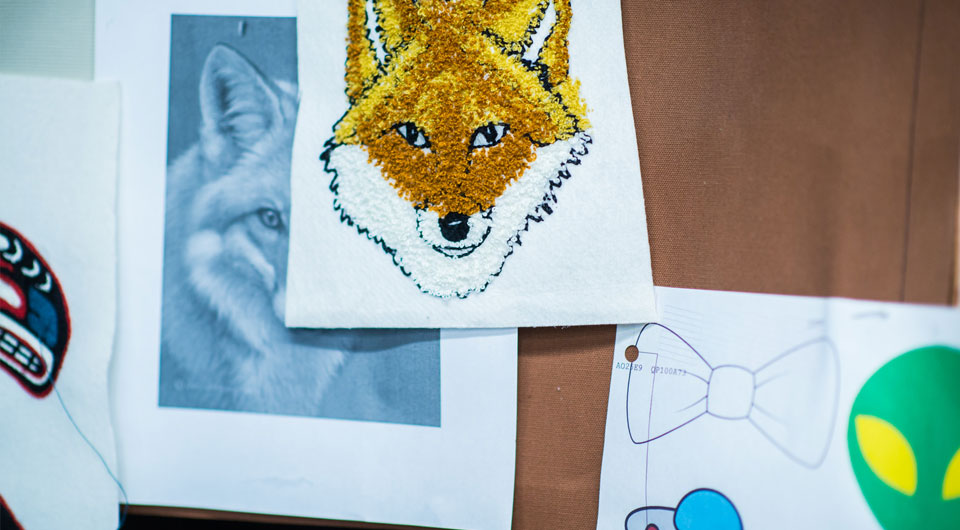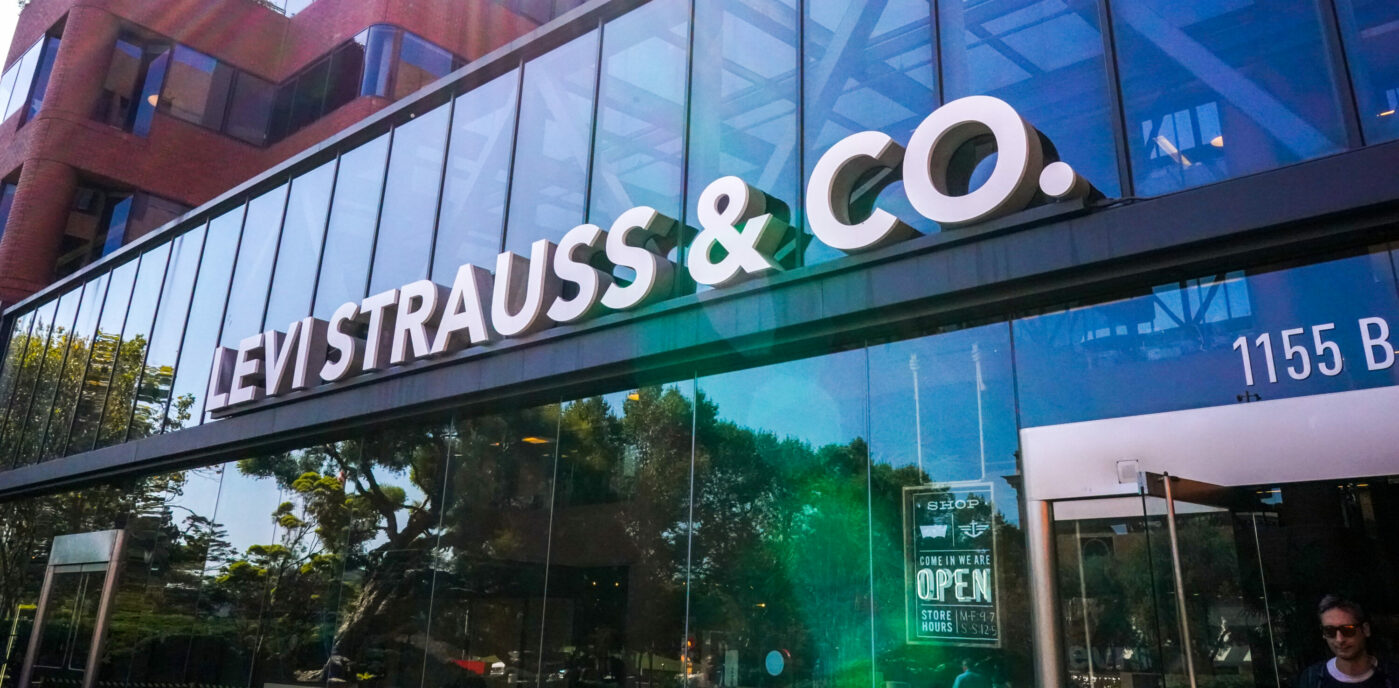Consumer tastes may seem as fickle as the weather. So how do legacy brands like Levi’s® change with the times while remaining rooted in authenticity?
Thankfully, much like the climate, there are telltale patterns that can point all industries – from retailers to manufacturers and designers – in the right direction as 2017 rolls on.
Euromonitor International, which conducts market research into these topics and more, has tried to make some predictions in this vein. U.S. News & World Report has the story, breaking down eight key ways consumer tastes are changing.
Firstly, one size no longer fits all — in terms of size, fit, or style.
As Marshal Cohen, a retail analyst at NPD Group, another market research company, tells U.S. News, those in the business of clothing and accessories must prove an “ability to be able to feel as if this product is the right product for me,” Cohen says, citing Levi’s® jeans as an example.
Levi’s® is a major proponent of personalizing denim — offering patches, buttons, or even hems and rips to a customer’s taste. Levi’s® Tailor Shops, located in select stores around the world, assist customers with all of the above. And for those looking for an ultra-personal touch, Levi’s® even allows customers to buy custom-fitted denim: choosing everything from materials to fit to the design details.
Personalization is all well and good, but how are brands using these trends as a barometer for customer taste? According to the research, brands definitely should be, as personalization moves closer to predictive. Distressed details were built into brand-new Levi’s because customers craved the look and feel of their worn-in, favorite jeans. So was pegged and cuffed denim, which you’ll find in the 501 Skinny, among other classic fits. Even patching became predictive, as the brand included pre-patched Trucker Jackets in some special collections (see the pre-patched Trucker Jackets from the new NBA collection).
Folding customer taste into the design process isn’t the only thing consumers consider. In fact, research indicates brands must prove their authenticity. While the findings focused on the food industry, this credo is an important one for LS&Co., a longtime champion of the idea that how we make clothes is as important as the clothes themselves. Sustainability, for example – such as our partnership with Better Cotton and challenging our designers to design with long-term use in mind – is folded into our business across our supply chain.
Check out the full article at U.S. News.







